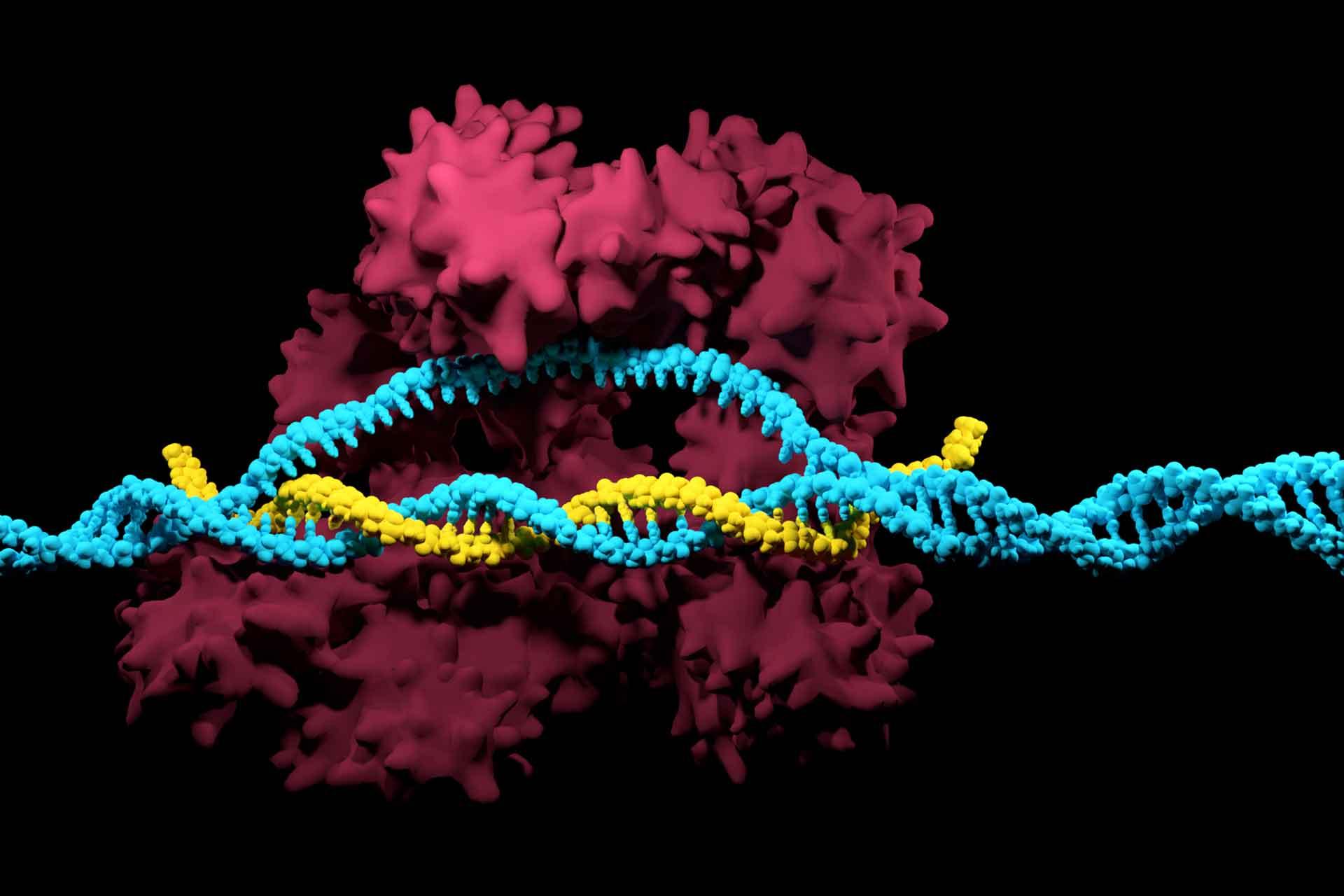Scientists at The Pirbright Institute will receive a subaward of $2.66million as part of a research team led by Massachusetts Institute of Technology in DARPA's Safe Genes programme. This programme aims to gain a fundamental understanding of how gene editing technologies function, address potential health and security concerns relating to accidental or intentional misuse of the technology and work out how they can be used safely, responsibly and predictably for global benefit.
Professor Luke Alphey will lead research at Pirbright into how ‘Daisy-drive’ gene drive techniques could be employed in populations of mosquitoes in a bid to control vector-borne diseases such as Zika and dengue. The work will focus on disease-transmitting mosquitoes, primarily Aedes aegypti and Culex quinquefasciatus, to build ‘Daisy-drive’ systems potentially able to suppress mosquito populations. Data from research in controlled lab populations will then inform detailed risk assessments of any potential future use of ‘Daisy-drive’ genetically-engineered mosquitoes in the environment.
Gene drive systems operate by biasing inheritance so that the drive system is inherited at an increased rate. This allows the frequency of a gene drive in a population to increase, even without conferring a fitness advantage. Two main uses for gene drive systems have been proposed – to suppress harmful pest populations, or to make them less harmful, for example by spreading a gene making a mosquito less able to transmit a particular virus.
Though attempts to make gene drive systems began decades ago, new developments in genetic technology, especially CRISPR/Cas9, have made several designs much more feasible. Standard gene-drive systems based on CRISPR/Cas9 could potentially be highly invasive if released into the environment and could continue spreading until they have affected most or all populations of the target species.
This may be desirable in some cases, but where the modification or suppression of a target population needs to be controlled and reversible, ‘Daisy-drive’ technology potentially provides a solution. ‘Daisy-drive’ is the next generation gene drive system which is local and self-exhausting, meaning there are built in limitations which prevent genetically-engineered changes spreading beyond a pre-determined geographic area, and also allowing populations to eventually return to their original state.
This Safe Genes team involves an international team of collaborators researching a range of applications of 'Daisy-drive' technology over the course of the programme with up to four years of funding. They will build mathematical models of gene editing systems and trial them in insects and other species to test hypotheses and feed results back to fine-tune parameters. As well as laboratory research, another major component comprises stakeholder engagement, enabling insights and feedback from stakeholders to inform ongoing and future regulatory research in this area. For more information on the Safe Genes program visit the DARPA website and press release.
Any opinions, findings, and conclusions or recommendations expressed in this material are those of the author(s) and do not necessarily reflect the position or the policy of the Government or Prime Sponsor or MIT, and no official endorsement should be inferred.
